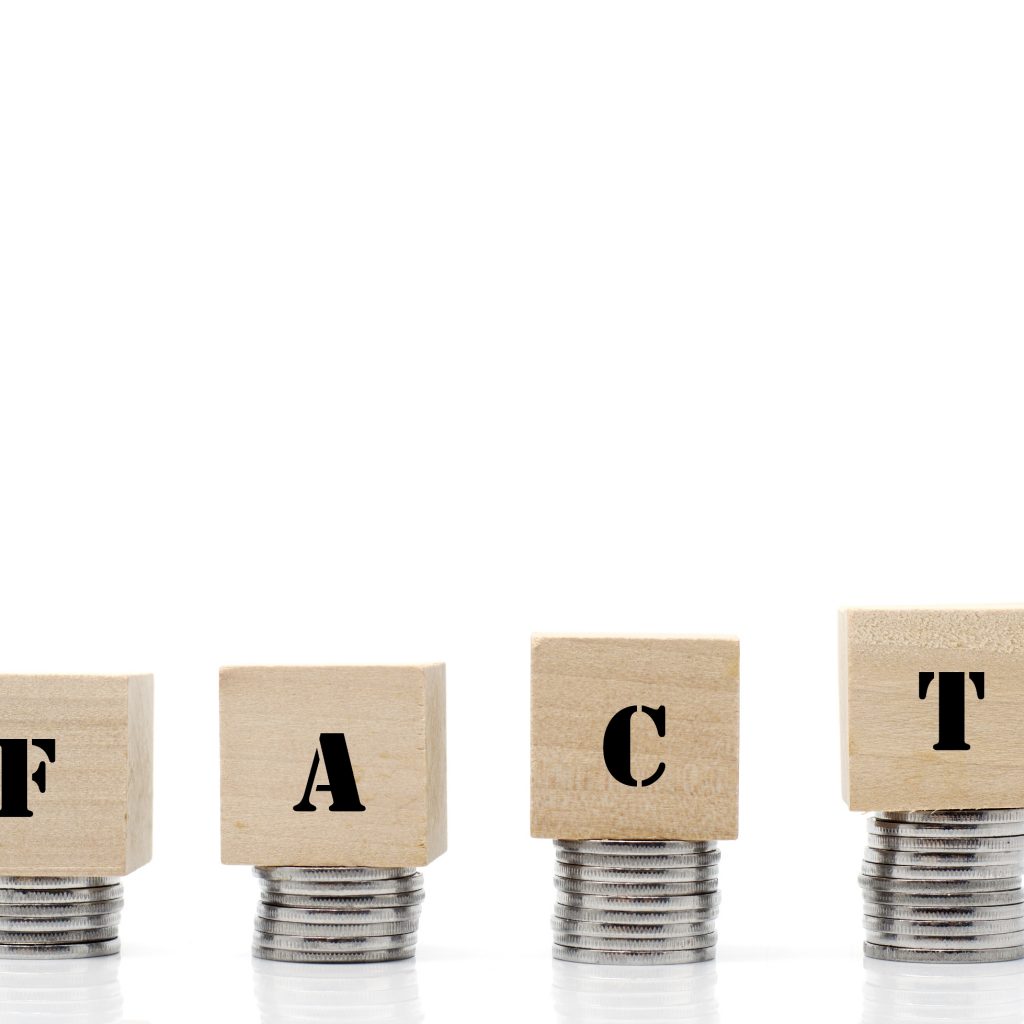
In the market for a new home? Maybe not… Maybe you’re just looking to refinance an existing home loan. The FHA makes home financing easy and how you handle your credit card can literally make or break your credit scores. If you are an avid reader of the FHA Loan Search blog, then you already know how important credit scores are to qualifying for a home loan. Also, by this point you know that the answer to this question is: Yes, you CAN get a mortgage with credit card debt.
Credit Card Debt Increases Your Cost of Borrowing
Making mistakes with your credit card can drastically impact your credit reports for the worse. For example, late payments can negatively affect your credit scores for up to seven years. Therefore, it’s imperative that you handle your credit card with care. While you may still qualify for a home loan with high credit card debt, you should always be mindful of your debt-to-income ratio and how it plays into your current credit score.
Credit scores influence a number of financial policies in your lifetime, including insurance premiums and mortgage rates, so you must have good credit. In order to figure out what your standing is, you must obtain your credit reports through the three main reporting bureaus – Equifax, Experian, and TransUnion. Right now, 90% of lenders look to FICO to obtain your credit rating. After you know what your updated credit scores are you will have knowledge that can start the conversation as to what home loan option is best for you. Your credit score will determine whether or not you are likely to be subject to any lender overlays as well.
Avoid These Credit Card Mistakes That Affect Your Credit
- Missing payments: About 35% of your credit scores are directly impacted by credit payments.
- Not paying over the minimum: Not improving your balance by only paying the minimum amount will cause your interest and overall balance to rise. This will affect your credit-to-debit ratio, which will impact your overall credit scores.
- Closing an account: You should understand whether closing an account or keeping it open will affect your credit negatively.
- Opening too many accounts: Keep away from retail cards with high interest rates, even if you’re tempted by the first-time discounts. You may end up owing a whole lot more than you save.
- Opening several accounts in a short period of time: Setting up too many accounts suddenly can be a hindrance to your credit scores.
Overall, it’s best to closely monitor your credit reports and scores and avoid errors. You can access your credit card information through the agencies quickly and easily. Once signed up, you’ll be able to stay notified of any changes that are made to your account, as well as understand how you can protect your good credit or improve your bad scores.


